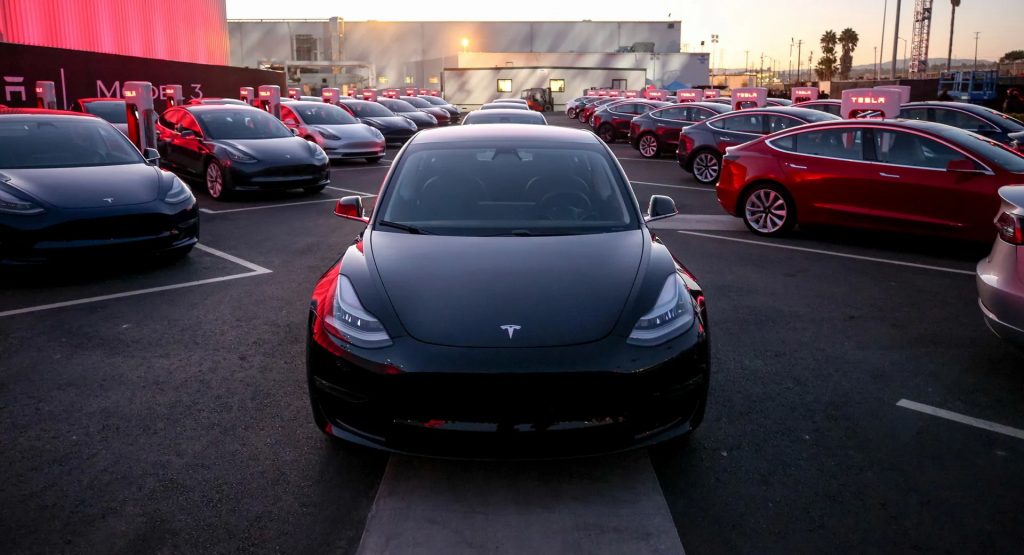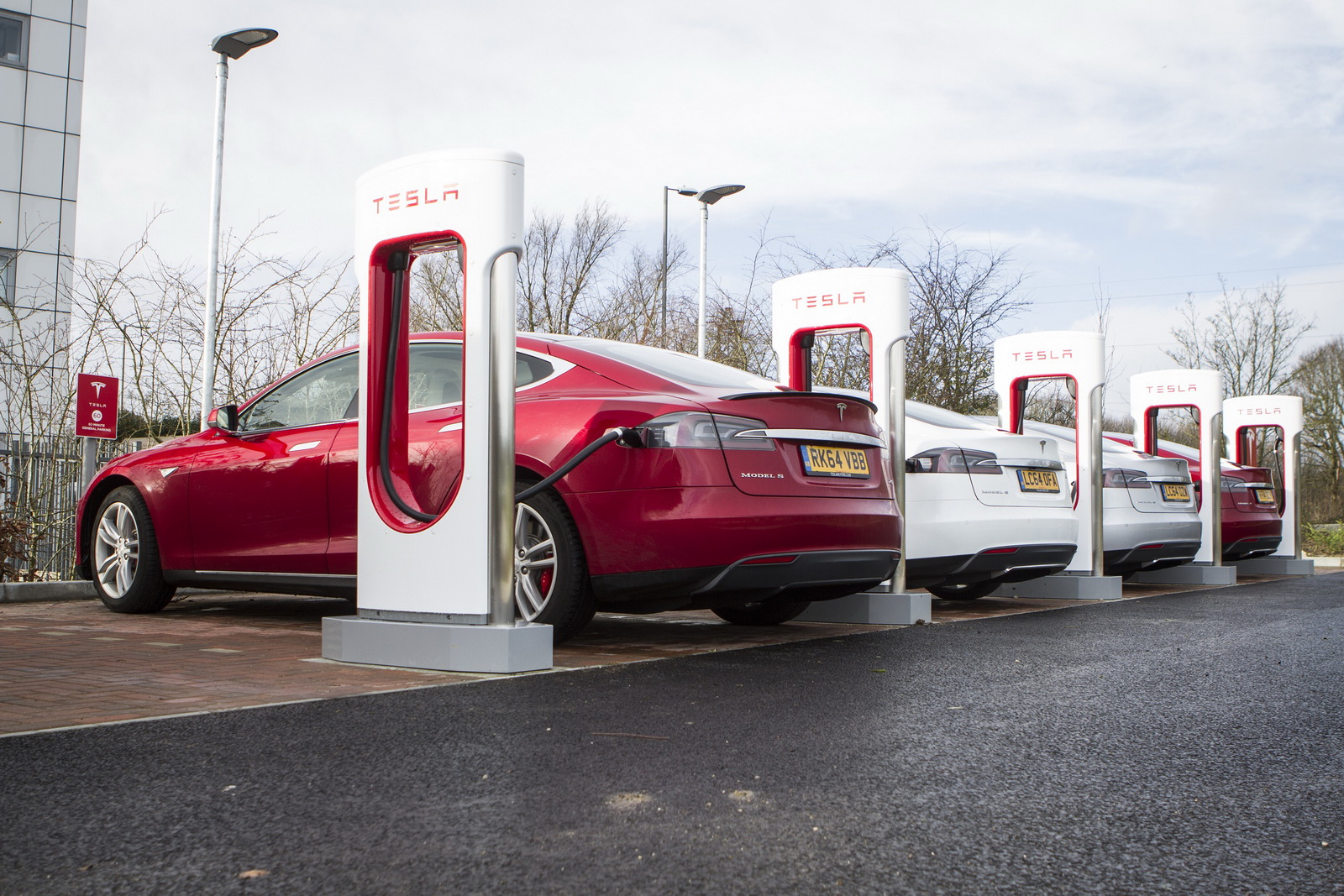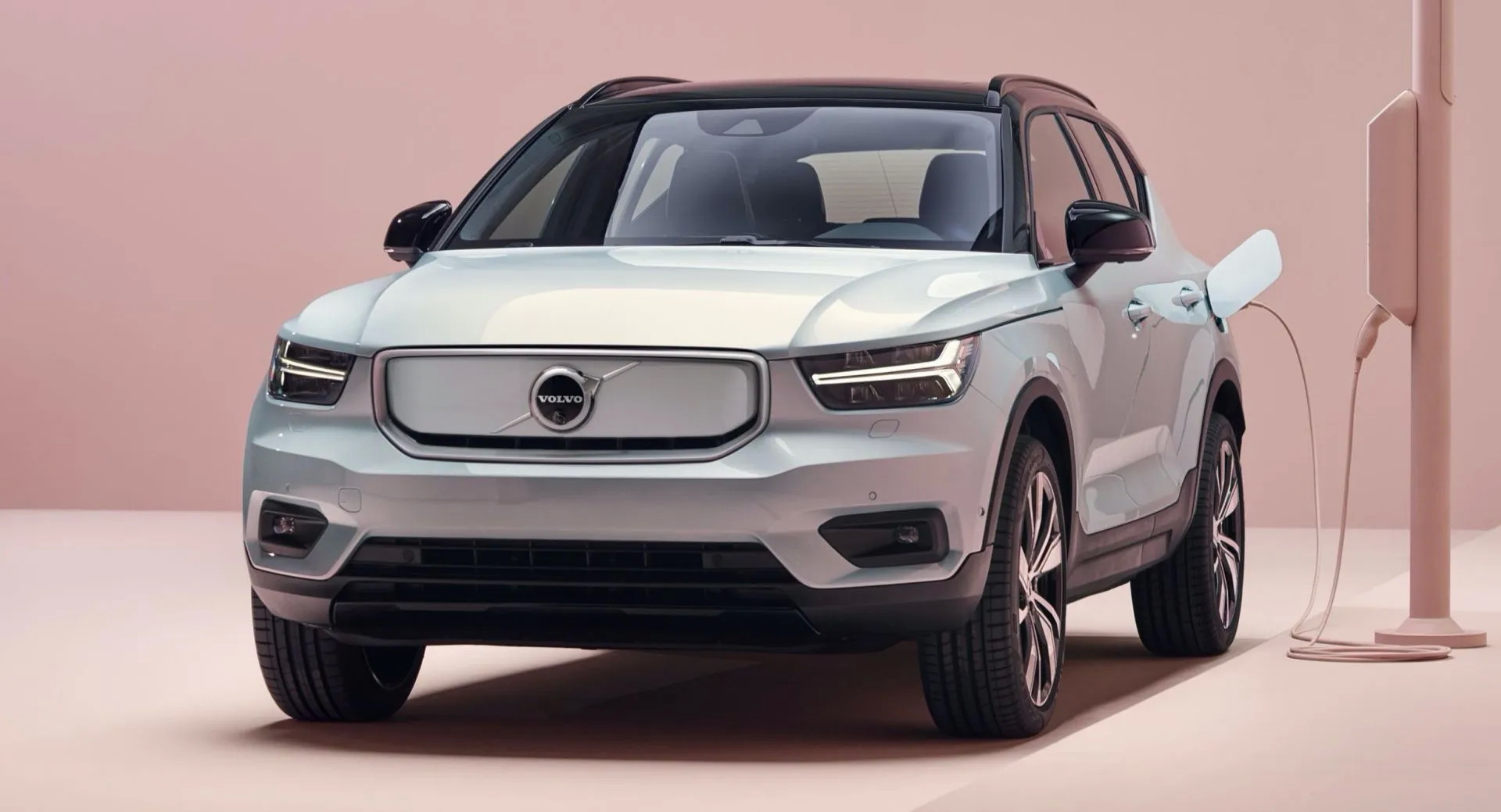According to a study conducted by Deloitte, a third of all new cars sold around the world will be fully electric by the end of this decade.
The research estimates that around 31.1 million EVs will be sold each year by 2030 – 10 million more compared to the last forecast from January of 2019. Interestingly enough, the firm says that the peak of gasoline and diesel vehicle sales most likely already occurred, according to Autocar.
While the global car market isn’t expected to return to pre-pandemic levels until 2024, EV sales are predicted to hit 2.5 million this year alone. Now, if you apply a compound annual growth rate of 29%, that figure should increase to 11.2 million in 2025 and then 31.1 million by 2030, when EVs would account for roughly 81% of all new electrified cars sold.
Read: BMW Confirms Next-Generation 5-Series And X1 Models With Pure Electric Powertrains
“The price premium attached to many electric vehicles restricted some early adopters but, as the cost of EVs has converged with petrol and diesel equivalents, the pool of prospective buyers is set to increase,” said Jamie Hamilton, head of EVs at Deloitte.
“A wider range of new electric vehicles, combined with a growing second-hand market, means EVs are becoming a more viable option for many”, Hamilton added.
Additional factors that lead to people buying more EVs include government-backed incentives, stricter emissions regulations, as well as a wider range of models available on the market, as you can buy electric superminis, saloons, SUVs and even hypercars.
The only thing that still holds some buyers back, according to Deloitte, is the comparatively low range (vs gasoline/diesel) and a perceived lack of charging infrastructure.









